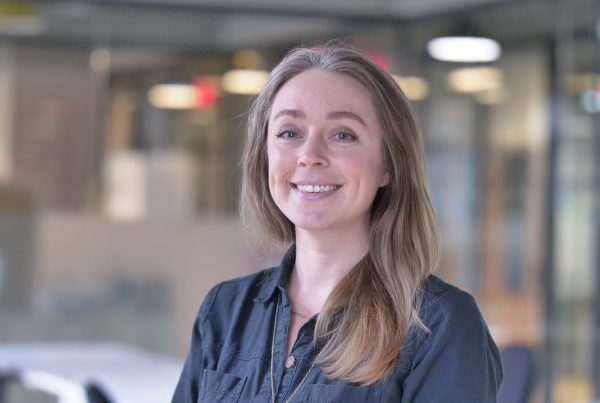By Public Affairs Junior Manager Jon Hulks
The average life expectancy in the UK is now higher than it’s ever been. As a consequence, living and ageing well has never been more important – not only for our own health and wellbeing, to maintain good health and independence as we age, but also to minimise our impact on an already stretched NHS and social care system.
While it’s well known that maintaining an active lifestyle is one of the most effective ways of maintaining good health, as we get older the loss of physical fitness is often confused with the effects of ageing.
Ageing by itself is not major cause of health problems until very late in life – from our late 80s to early 90s. However, the loss of fitness can start much earlier, often beginning with one’s first office job in their 20s. Unless people are able to consciously maintain their fitness and activity levels throughout their lives, over time the rate at which their health naturally declines with age will accelerate – ultimately taking years off the end of their life, and increasing the risk of developing life-limiting, burdensome health conditions.
But lack of fitness is rarely – if ever – a permanent condition. Taking part in any amount of physical activity is beneficial at any stage in life. It can have a powerful positive impact on an individual’s health. Amongst older people it is key to maintaining a healthy independent life for longer.
At ukactive’s National Summit, taking place on 1st November, we will be launching a new policy report exploring the opportunities that exist to ensure older people are supported to take part in physical activity and experience all its associated health benefits.
Moving More, Ageing Well has been developed by ukactive in partnership with Life Fitness, and specifically looks to identify how existing examples of best practice from across the UK – from interventions based in the home, in community settings and in care – can be scaled nationally and embedded across the health system. Every contact with a health professional, whether in a GP surgery, pharmacy or in community care, is an opportunity to reinforce the positive message of activity. It also provides the perfect chance to signpost toward local opportunities to be active – tailored to be accessible, fun and enjoyable for older people.
At National Summit, we will be joined by leading experts from across the medical, political and physical activity landscapes to discuss the practical implications of this report. All three sectors have a vital role to play in this area, and while there are already promising programmes and developments across each, achieving the vast and ambitious change required to meaningfully impact on inactivity amongst older people requires a new approach; moving beyond the promotion of individual programmes and best practice, and toward a comprehensive, joined-up, national programme for physical activity.




